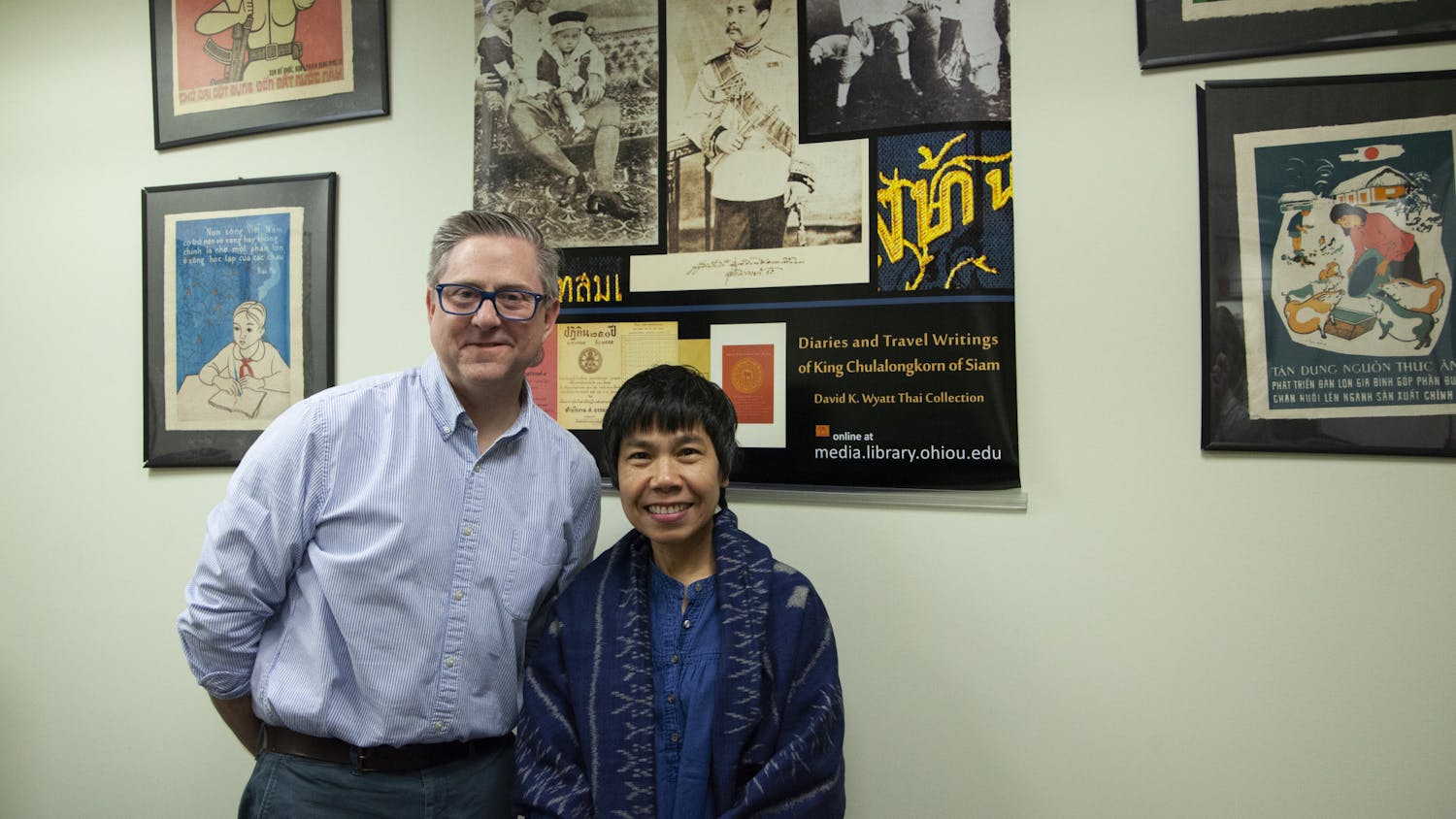It’s a lofty job title, an affinity for political banter, a hometown twang or just the gauzy remains of a band T-shirt draped across now sun-kissed shoulders.
For some, identity is an aesthetic preference or impending project. For others, such as students in the LGBT community, it’s a long-standing commitment not nearly as fleeting as band tastes or political discourse.
Jess Beckholt, a sophomore studying English and women’s and gender studies, said finding the proper terminology to talk about oneself and one’s community is vital.
Beckholt, who identifies as queer and prefers to use non-binary gender identification, said that before discovering non-binary gender identification, Beckholt was trying to fit things Beckholt wasn’t.
“I found a word and an identity space that does speak to me, and it is fluid and flexible,” Beckholt said of non-binary gender identification. “It’s not trapping.”
Unlike Beckholt’s sexual identity — which is queer — non-binary is a gender identity term that describes any person who does not fit within the gender binary system of male and female, according to nonbinary.org.
Beckholt said labeling one’s orientation serves the additional role of helping those outside the community learn proper etiquette when referring to those within the LGBT community.
“I think the pronoun question is not on a lot of people’s radar,” Beckholt said.
“You don’t know someone’s gender until you ask, and you don’t know someone’s pronouns until they tell you.”
Likewise, Brandon Bleau, a freshman studying computer science and technology, said he believes labels provide a method of helping people outside the LGBT community understand the various sexual and gender identities.
Bleau, who identifies as gay and gender queer, said that even though he knows who he is, labels help when explaining his orientation to others.
However, Bleau added that there are some negative aspects to relying on labels.
“When you put a label on something, there are stereotypes that people think go with it,” Bleau said, adding that misinterpretations can lead to expanding a definition beyond what it is meant to encompass.
Risa Whitson, the interim director of women’s and gender studies and an associate professor in geography, said that the labels create categories that people often navigate their lives around.
“I think terminology is really important, personally,” Whitson said. “Academically, I know how we talk about things in large part defines them.”
She added that she believes the labels allow people to expand on preconceived notions of sexuality and gender identification.
“Generally speaking, it can provide opportunity for people to see the world in a more complicated way than one or two terms allow,” Whitson said.
Bleau said he thinks that through both labels and increased education on the topic people will be able to better understand the various orientations.
“This is just me dreaming,” Bleau said. “But one day, the labels won’t necessarily be needed. I think it’s just going to come with education.”
sg409809@ohiou.edu





